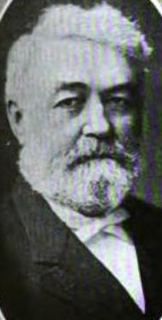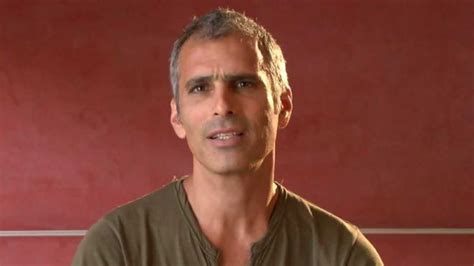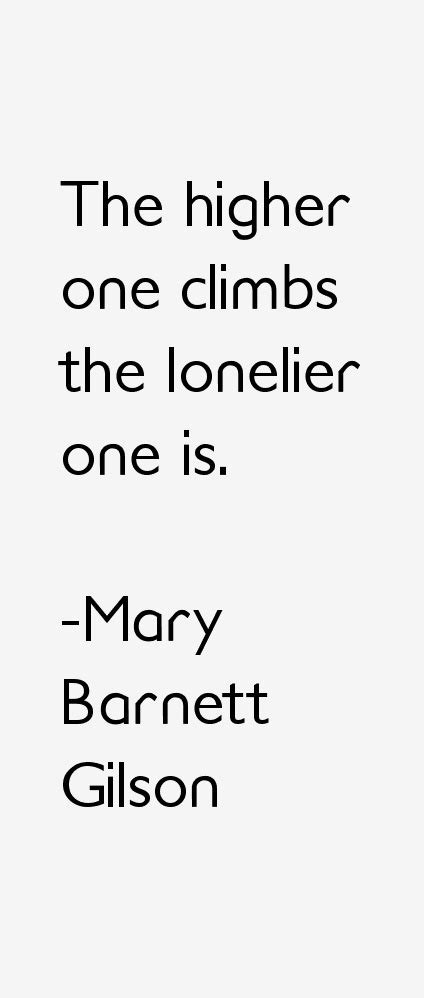A Quote by Paul Singer
Imagine how much capital a country like Argentina might attract - if instead of defaulting seriatim and affecting a pose of anger toward creditors, it borrowed responsibly and honored its obligations.
Related Quotes
I do not believe you could intellectually comprehend all the different forces playing upon us. Yet what you can do is become very silent, so you are not distracted and then begin to feel how these forces playing upon us are affecting us, and according to how we feel, we can then make intelligent decisions as to how far, how deep, how much, we explore in any pose.
By delivering experience, novels can alter the stance we adopt toward news - not much, I'm sure, but they can make it a little more difficult for us to consign "other people" to our tidy boxes. Widening our imaginative life might - it's not hard to imagine - also develop our ability to contemplate counterfactuals and our capacity to speculate about how things might differ from how they're being represented.
The financial doctrines so zealously followed by American companies might help optimize capital when it is scarce. But capital is abundant. If we are to see our economy really grow, we need to encourage migratory capital to become productive capital - capital invested for the long-term in empowering innovations.
I don't like the idea of capitalism anyway. Because it's not capital we are talking about; it's knowledge and creating well-being. Because I mean, that gets people on the wrong track when it's capital and how we allocate capital - no. How do we create the Republic of Science in America? How do we have a system of mutual benefits where people succeed by helping others improve their lives? So I don't like that at all.
The point is that something I thought was perfect has been broken, and I'm having to find the beauty in what is there instead of what I thought was there. Like this shell. I can either spend all my time wishing it were perfect, trying to imagine it the way it was or might have been, or I can see how beautiful it is just like this.
We are not perfect. But we have doubtlessly fulfilled our obligations to the EU to a greater degree than the EU has its obligations to Italy, when it comes to the relocation or repatriation of refugees that are in our country. Italy does its homework better than the rest of Europe. Instead of the 160,000 migrants that were to be distributed across Europe, we are currently at 300.



































